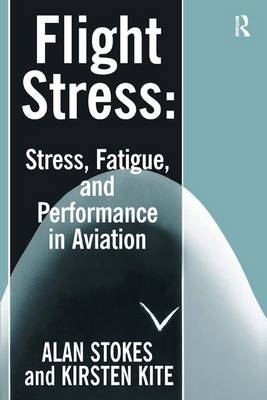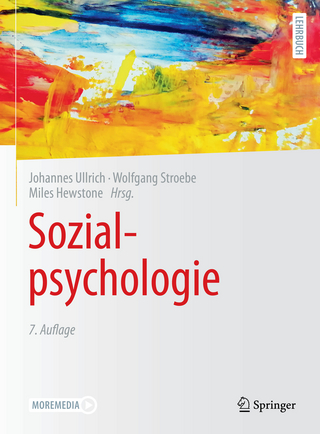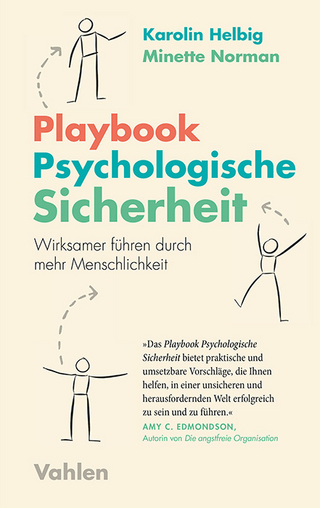
Flight Stress
Stress, Fatigue and Performance in Aviation
Seiten
1997
Avebury Aviation (Verlag)
978-0-291-39857-4 (ISBN)
Avebury Aviation (Verlag)
978-0-291-39857-4 (ISBN)
Provides a comprehensive treatment of how stress and fatigue relate to aviation. This work clarifies and distinguishes the concepts of stress and fatigue as they apply to flight, and expounds sufficient theory to provide a basis for the consideration and amelioration of stress effects in aviation.
While stress and fatigue are often dealt with in other books on aviation performance and human factors, these realities of human vulnerability are now increasingly seen as central to the effective conduct of flight operations. Flight Stress provides a comprehensive treatment and a better understanding of stress and fatigue as they relate to aviation. It clarifies and distinguishes the concepts of stress and fatigue as they apply to flight, and expounds sufficient theory to provide a principled basis for the consideration and amelioration of stress effects in aviation. The authors examine what is known of the effects of stress from both laboratory and operational studies and detail the aspects of this knowledge to which aviation professionals should pay most attention. They go on to discuss the implications of stress and fatigue for performance in a range of aviation contexts, from air traffic control to aerial combat. Physiological, cognitive and medical sequel are explored. The book locates aviation related work, in its broader research context, critically reviewing and illustrating the work, with examples from accident and incident reports. It is substantive but accessible, since it both sets out the research base and provides plenty of 'real world' examples to leaven and illustrate the narrative. It thus provides an authoritative handbook for aviation professionals and a comprehensive source book and reference work for researchers. The readership includes aviation professionals and researchers, including medical personnel and registered Aviation Medical Examiners; psychologists and Human Factors specialists; training captains, senior pilots and engineers; air traffic controllers, dispatchers and operations staff.
While stress and fatigue are often dealt with in other books on aviation performance and human factors, these realities of human vulnerability are now increasingly seen as central to the effective conduct of flight operations. Flight Stress provides a comprehensive treatment and a better understanding of stress and fatigue as they relate to aviation. It clarifies and distinguishes the concepts of stress and fatigue as they apply to flight, and expounds sufficient theory to provide a principled basis for the consideration and amelioration of stress effects in aviation. The authors examine what is known of the effects of stress from both laboratory and operational studies and detail the aspects of this knowledge to which aviation professionals should pay most attention. They go on to discuss the implications of stress and fatigue for performance in a range of aviation contexts, from air traffic control to aerial combat. Physiological, cognitive and medical sequel are explored. The book locates aviation related work, in its broader research context, critically reviewing and illustrating the work, with examples from accident and incident reports. It is substantive but accessible, since it both sets out the research base and provides plenty of 'real world' examples to leaven and illustrate the narrative. It thus provides an authoritative handbook for aviation professionals and a comprehensive source book and reference work for researchers. The readership includes aviation professionals and researchers, including medical personnel and registered Aviation Medical Examiners; psychologists and Human Factors specialists; training captains, senior pilots and engineers; air traffic controllers, dispatchers and operations staff.
Alan F. Stokes is Chairman of the Masters Degree Programme in Cognitive Systems Engineering at the Rensselaer Polytechnic Institute, New York, USA. Kirsten Kite is an Information Consultant and Technical Writer specializing in aviation.
Contents: Concepts of stress; Stress and arousal; Pilot performance and stress; Decision making and communication; Life stress; Stress and pilot personality; Fear and stress extremes; Fatigue in flight operations; Transmeridian flight; Stress in air traffic control; Organizations, stress, and accidents; Automation and boredom.
| Erscheint lt. Verlag | 3.7.1997 |
|---|---|
| Sprache | englisch |
| Maße | 156 x 234 mm |
| Gewicht | 800 g |
| Themenwelt | Geisteswissenschaften ► Psychologie ► Arbeits- und Organisationspsychologie |
| Medizin / Pharmazie ► Medizinische Fachgebiete ► Arbeits- / Sozial- / Umweltmedizin | |
| ISBN-10 | 0-291-39857-X / 029139857X |
| ISBN-13 | 978-0-291-39857-4 / 9780291398574 |
| Zustand | Neuware |
| Informationen gemäß Produktsicherheitsverordnung (GPSR) | |
| Haben Sie eine Frage zum Produkt? |
Mehr entdecken
aus dem Bereich
aus dem Bereich
wirksamer führen durch mehr Menschlichkeit
Buch | Softcover (2024)
Vahlen (Verlag)
21,90 €
neue Beschäftigte erfolgreich integrieren
Buch | Softcover (2024)
Hogrefe (Verlag)
26,95 €


